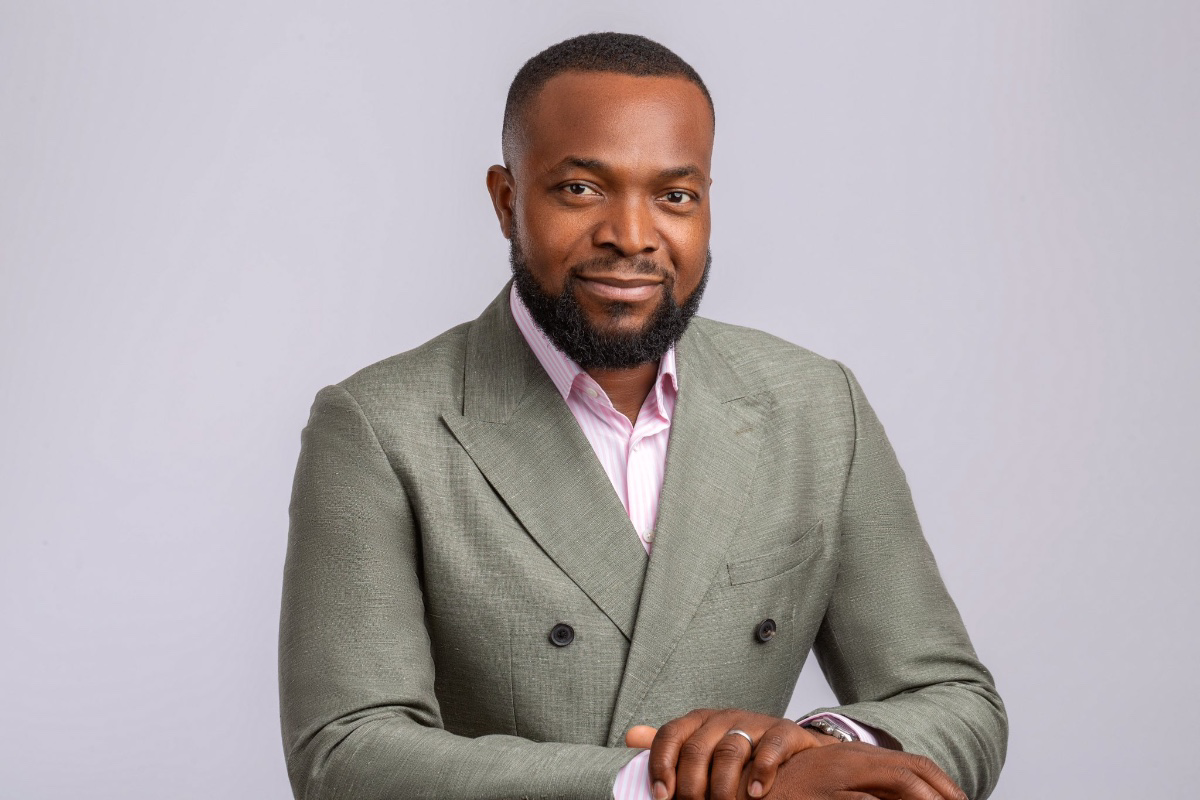Africa is no longer watching artificial intelligence (AI) from the sidelines—it’s shaping it. From Lagos to Libreville, Kigali to Johannesburg, a new generation of entrepreneurs, artists, and researchers is building AI systems rooted in African realities. The continent is not just adopting technology; it’s redefining it.
According to recent projections, AI could contribute up to $2.9 trillion to Africa’s GDP by 2030, yet current investment levels remain modest. With just 2,400+ active AI startups across the continent, including over 600 in South Africa, the potential is vast—but unevenly tapped.

In the creative industries, AI is already transforming how Africans tell their stories. Visual artists like Linda Dounia (Senegal) and Malik Afegbua (Nigeria) use generative tools to explore identity, heritage, and futurism. Musicians are remixing traditional rhythms with algorithmic precision, while filmmakers experiment with AI-assisted editing, dubbing, and virtual set design.
“AI should not replace human creativity—it should amplify it.” — Fei-Fei Li, Stanford AI researcher
“We don’t just want a seat at the global AI table—we’re building our own.” — Hardy Pemhiwa, CEO of Cassava Technologies
In South Africa, AI is being used to preserve indigenous languages, improve healthcare diagnostics, and support climate-smart agriculture. Startups like Lelapa AI are developing natural language models tailored to African dialects, while DataProphet helps manufacturers optimize production using machine learning.
One standout figure is Pelonomi Moiloa, co-founder of Lelapa AI. Her mission: to build AI that speaks Africa’s languages and reflects its values. TIME Magazine named her among the 100 most influential people in AI for 2023.
“Our AI speaks our languages, understands our contexts, and serves our communities.” — Pelonomi Moiloa
But challenges remain. Infrastructure gaps, limited access to training, and data sovereignty concerns threaten to widen the digital divide. Without ethical frameworks and inclusive policies, AI could reinforce existing inequalities.
Still, the momentum is undeniable. Across the continent, governments, universities, and private actors are investing in AI labs, talent pipelines, and regulatory frameworks. The goal: to ensure that Africa doesn’t just consume AI—it creates it.
In this new era, Africa’s greatest asset may be its ability to think differently. And that difference is becoming its power.



